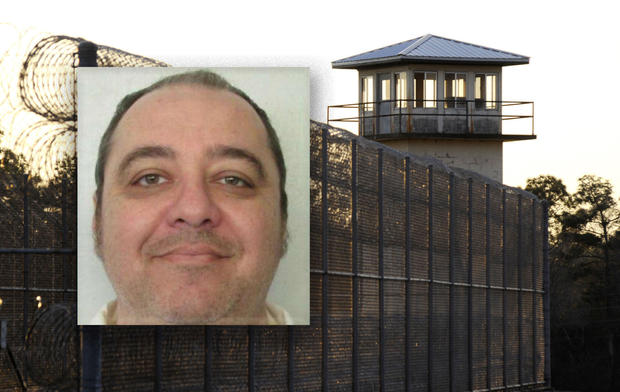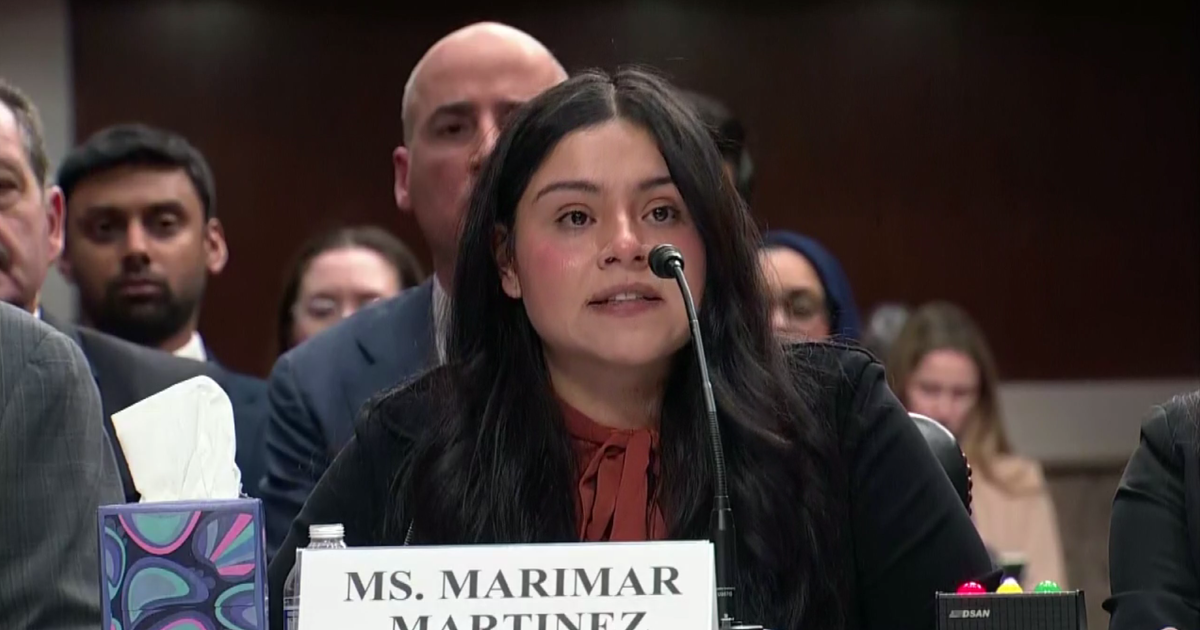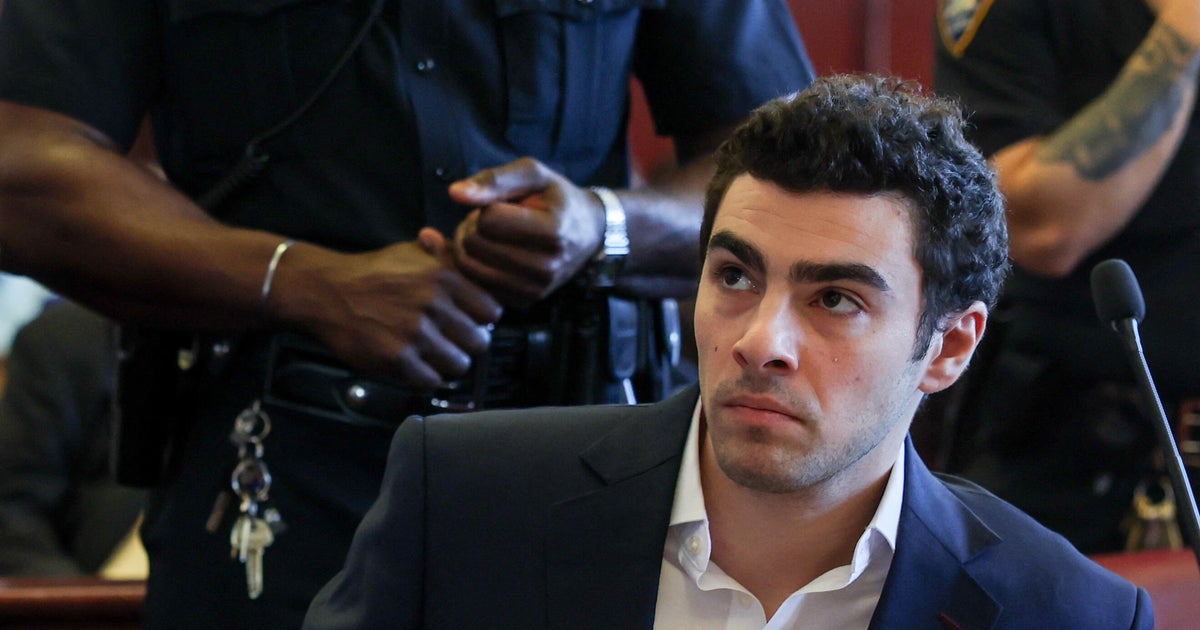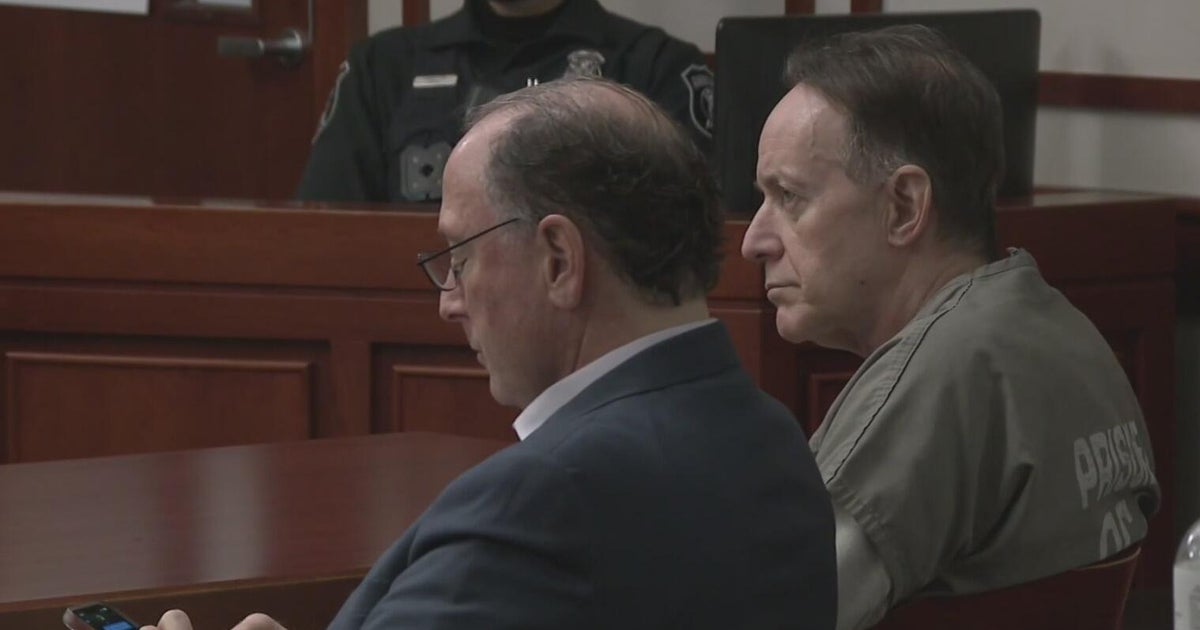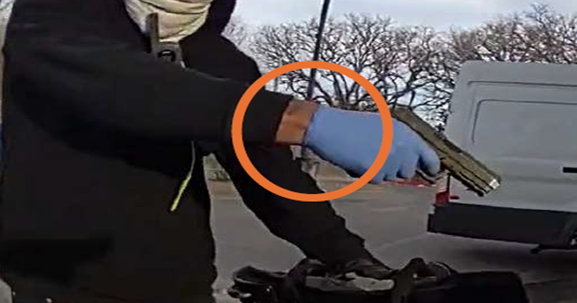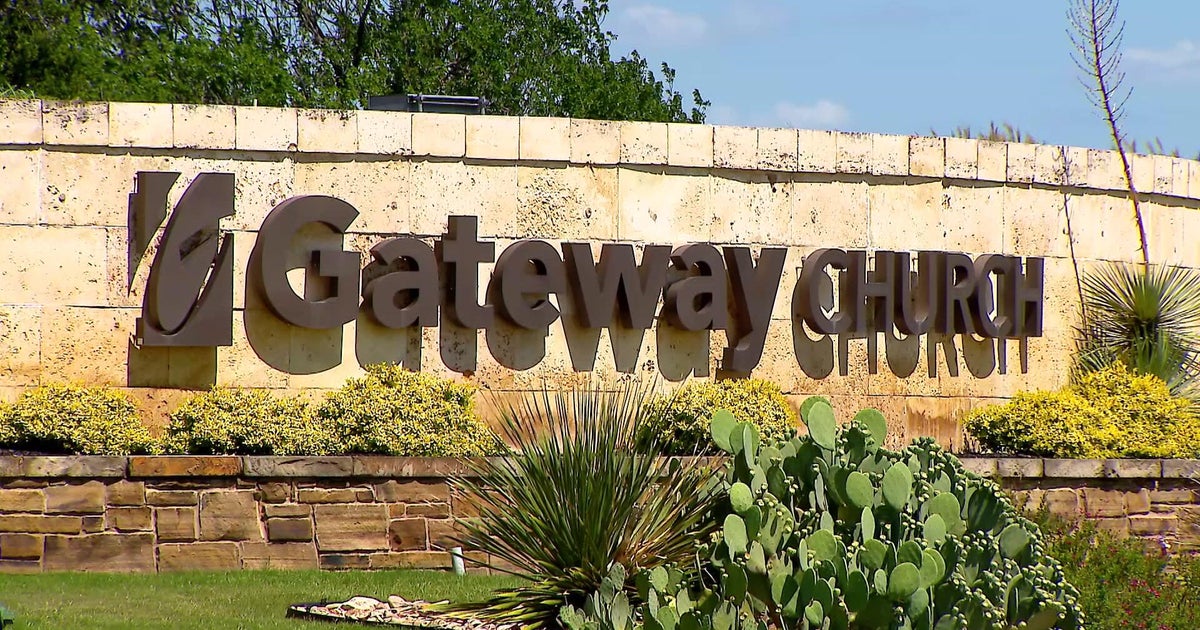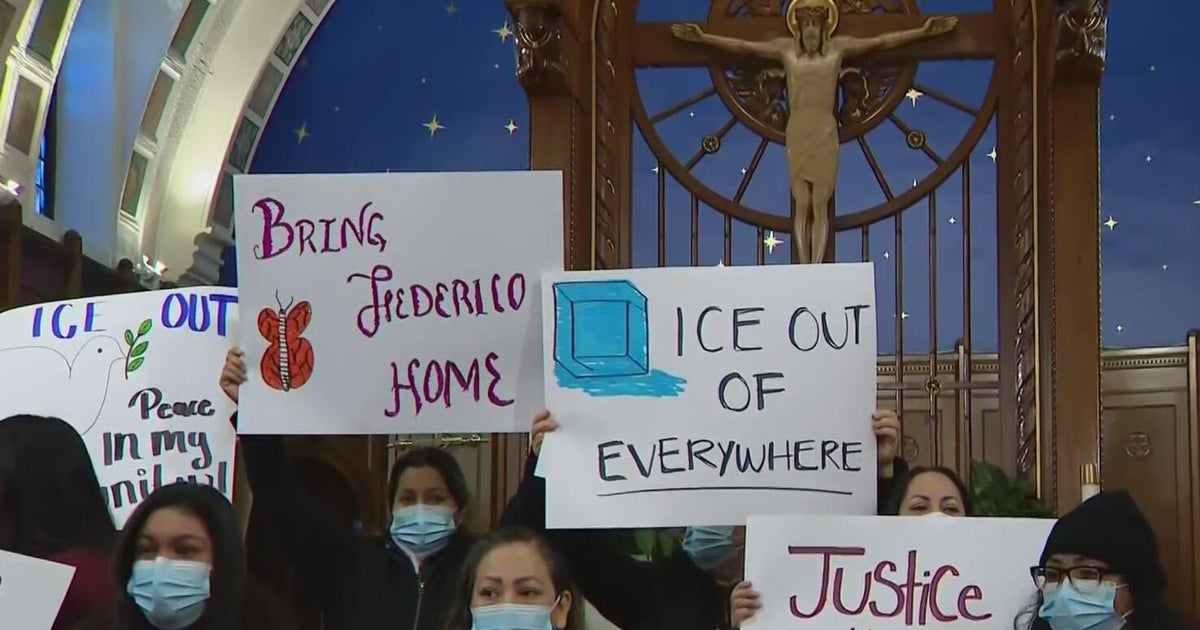Alabama readies never-before-used execution method that some veterinarians won't even use for pets
Update: Kenneth Eugene Smith was executed by nitrogen hypoxia on Thursday, Jan. 25. Read the latest here. Our earlier story is below.
If Kenneth Eugene Smith is brought to the Alabama death chamber to face execution next week for his role in the 1988 murder-for-hire of a pastor's wife, the state plans to use an untested and untried method to end his life, suffocating him with a stream of nitrogen gas to be delivered through a face mask.
In a federal appeals court Friday, Smith's lawyers sought to block it, arguing that not only have Smith's constitutional rights been violated, but that he could be subjected to an agonizing death and that most of the details surrounding the state's new execution protocol "deserve more scrutiny."
The use of nitrogen gas will be a capital punishment first, even though it has not only been denounced by some medical professionals but also by veterinarians who oppose its use on animals. In 2020, the American Veterinary Medical Association advised against the use of nitrogen gas as a way to euthanize most mammals, calling it "distressing." One of the few uses of nitrogen gas in animal euthanasia is with chickens.
The United Nations' Office of The High Commissioner for Human Rights has expressed alarm, saying in a statement that the untested method "could amount to torture or other cruel, inhuman or degrading treatment or punishment under international human rights law."
Origins of the nitrogen gas execution plan
Smith's execution, if it is conducted as scheduled on Jan. 25, represents the most notable step forward in the strange journey of a new method devised not by scientists, but by elected officials seeking a way around increasing obstacles encountered by states that long relied on lethal injections.
The discussion of using nitrogen gas for state executions first took hold in 2015, when the Oklahoma state legislature became the first state to authorize it after shortages in the drugs used for lethal injections made executions harder to carry out. Weeks after it passed, then-Gov. Mary Fallin signed it into law, saying that if lethal injection becomes unconstitutional or unavailable, the state could carry out an execution utilizing nitrogen gas.
The legislation was the brainchild of former Oklahoma state Rep. Mike Christian. At the time, Christian told The Oklahoman that he thought the method was "revolutionary" and that it was "probably the best thing we've come up with since the start of executing people by government." Christian touted its wide accessibility, cost effectiveness and the state's ability to even make their own nitrogen gas if needed.
Prior to the vote coming to the floor, the bill went through multiple hearings and lawmakers enlisted the research help of a group of professors and those who had experienced hypoxia — oxygen deprivation — in the past.
Michael Copeland, a former professor at East Central University, was part of a three-person team that assisted the Oklahoma state legislature in conducting a study into how the method would work. He told CBS News that this wasn't an unusual request — he said he had "often done pro bono work for the legislature on different criminal justice issues."
A 30-slide PowerPoint was used to present the idea and how it would work during a committee hearing in February 2015. The presentation said the method was derived "by reviewing the scientific, technical and safety literature related to nitrogen and other inert gas inhalation."
Among their conclusions was that "induced hypoxia via nitrogen inhalation would be a humane method to carry out a death sentence." The slideshow credited a 1995 National Review piece and a Slate article from 2014 as helping spur on work around the new method.
In addition to the PowerPoint slides, CBS News also viewed a 14-page document which Copeland claims was just a "rough draft" that was never meant to be published. The document includes similar information and analysis of medical literature on hypoxia from as far back as the 1960s and 1970s.
What was missing from both the rough draft of the report and the PowerPoint was testimony from medical professionals. According to Copeland, they reached out to multiple medical professionals, but when asked to go on the record with their opinions, many backed out in fear of losing their board privileges.
Former Oklahoma state Senator Ervin Yen is an anesthesiologist with over three decades of experience and helped sponsor the 2015 bill. Yen described the challenge in evaluating the viability of this new method, telling CBS News: "You can't do research on it."
Yen said no method of execution is completely without risk, noting that with firing squads, while the inmate's heart stops after being shot, there remains the potential for lingering consciousness and pain.
"If you wear a tight-fitting mask it's uncomfortable; is it pain and suffering? Well, I wouldn't call it that," Yen said. He added that he believes lethal injection remains the best method, and he doubted Oklahoma would ever use nitrogen gas — even as Alabama prepares to do so.
The move to try nitrogen gas for executions appears to be gaining currency among death penalty proponents.
In Nebraska, state Senator Loren Lippincott has introduced a bill to make execution by nitrogen gas an approved method. For other states, Alabama could prove to be a testing ground for whether or not they move to include it as a method of execution.
"People will wonder afterwards, was that cruel?"
But detractors are also speaking out. Dr. Joel Zivot, an associate professor at Emory University's School of Medicine and an anesthesiologist, told CBS News he has serious concerns.
"Alabama has a terrible track record, and so it would seem to be in the interest of the public and in the interest of justice for Alabama to produce its evidence as to why this method of execution is not cruel," Zivot said.
Zivot has filed multiple complaints to the U.N. saying he harbors concerns that this execution could be particularly disturbing to witnesses. "I believe that even if they successfully kill Kenneth Smith in this way and they don't kill anybody else in the room, it's going to be a very strikingly visual thing to view and people will wonder afterwards, was that cruel?"
Zivot and other critics, including spiritual adviser and anti-death penalty activist Rev. Jeffrey Hood, have raised concern that nitrogen gas could pose a risk to others in the vicinity of the execution room if a leak were to occur.
But Michael Copeland does not see it as a major threat, saying "nitrogen is an inert gas and is in no way deadly. It's the lack of oxygen that is the problem. So if they're concerned, all they need to do is wear an oximeter to keep their oxygen levels under check. … But really all you have to do is make sure it's a well-ventilated room because of the way that gas is dispersed."
No one knows exactly what Smith has in store if he walks into the death chamber as scheduled next week. This would be the state's second attempt to execute him. In September 2022, his execution by lethal injection was stopped after the execution team took hours and failed to find a vein in which to insert the central IV line.
That incident was the third consecutive failed execution for Alabama, and it led to Gov. Kay Ivey placing a moratorium on executions and calling for a review of the state's execution process.
The protocol that Alabama now has in place for its nitrogen gas executions has remained mostly redacted due to the state's execution secrecy laws. According to Smith's lawyer during Friday's hearing, Smith was only given access to an unredacted copy in late November.
During Friday's appeals court hearing, lawyers for Alabama claimed that the nitrogen gas execution method is the "most painless and humane method known to man."
Smith's lawyer argued that the mask may lead to an increased chance of harm to Smith and questioned if the state will conduct the proper checks needed to ensure that the mask will remain airtight and not leak out nitrogen or let in oxygen.
For Zivot, serious concerns remain.
"I don't know that nitrogen gas can occur and cause a death that's not cruel and doesn't put anybody else at risk. Which is really an extraordinary type of problem, unprecedented in the history of American executions," he said.
